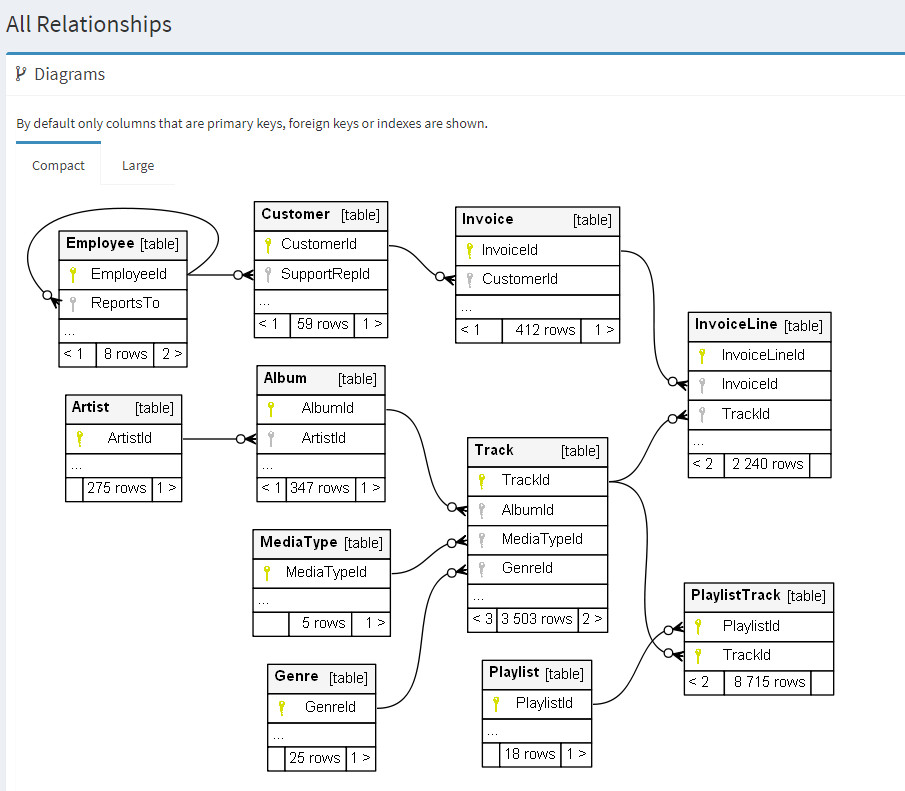
With 2020 firmly in the rear view mirror, it is time to look forward and down the highway of 2021. The organizers of People, Postgres, Data have gathered over chat, email, phone, and even a few socially distant, in-person events to determine a strategy for continuing as the most influential and positive community for all things Postgres related.
Sad face
The goal is to resume in-person events. However, out of concern for the health and comfort of our global community, we have made the decision not to host any in-person events until Q4 of 2021. We are prepared to wait until 2022 if that is what the health officials recommend. We know that many will find this news disappointing and we are working diligently to ensure that the health and education of our community is the top priority.
Happy face
We are continuing our popular webinar series, adding new presenters with pertinent content for all of our attendees. We will be adding more professional development and data problem solving topics to our library, and we will no longer be limiting education to just Postgres, as many data and human problems are neutral in the particular platform we happen to enjoy. If there’s a topic you’d like to present or see, we’d love to hear from you!
RSVP for upcoming scheduled events
- January 26, 1pm ET: All we need to work with SQL is SQL
- January 27, 1pm ET: PostgreSQL Forks and Knives
- February 3, 2pm ET: Postgres for SQL Server Users
- February 4, 1pm ET: Configuring PostgreSQL for Faster Analytic Query Performance
- February 23, 1pm ET: Blockchain as a Database
Ecstasy
Postgres Conference 2021: Digital will be happening in May of this year! An overwhelming feeling of great happiness and excitement has our dopamine pumping, and the whole People, Postgres, Data team is basking in it.
As an all digital conference, we will offer a similar environment to what our community has come to expect: best in class content, professionalism, and top-tier educational opportunities for all who attend! Keep your eyes peeled over the next few weeks for more information on speaking opportunities and how to attend!
